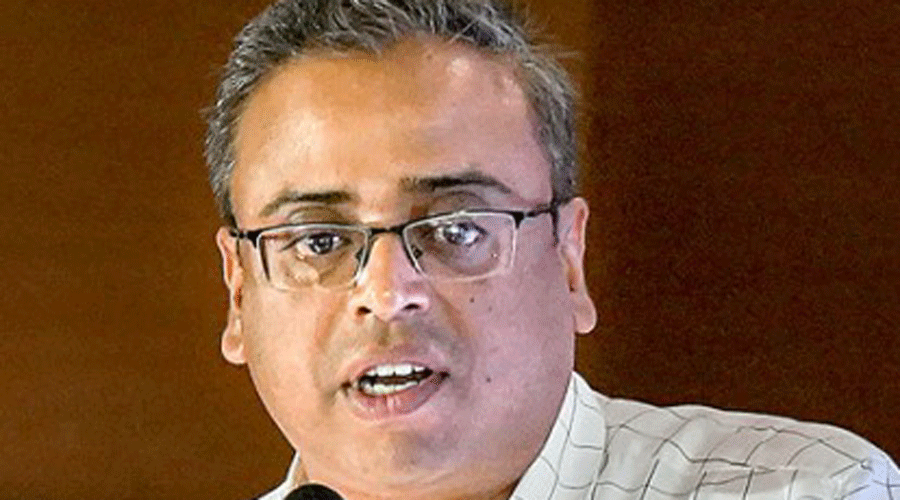The Tea Board has sought a Rs 1,000-crore kitty from the Centre with a special focus on small growers, orthodox tea cultivation and the generic promotion of the beverage to boost domestic consumption.
The Union commerce ministry is now examining the five-year budget and the proposal that was prepared by the Tea Board at the ministry’s request. The board had presented the proposal to the ministry two months back.
Nearly half of the planned expenditure will be directed towards economic subvention for the small growers who now account for 52 per cent of domestic production. The board is also seeking subsidy for orthodox tea which will primarily help the large growers (estates).
“We have big plans for the next five years,” said Saurav Pahari, chairman of the Tea Board, at the annual general meeting of the Indian Tea Association (ITA) in Calcutta on Thursday.
The board plans to support the small growers, who face challenges in producing good quality tea, in the upgradation of quality with technological intervention which will be financially supported by the government.
“It is high time we support the STGs the way the board has supported the estates over the years,” Pahari explained.
The subsidy in the production of orthodox tea, which is mostly exported, will be the second largest component in the budget proposal. Earlier, the board was extending an incentive of Rs 2-3 a kg.
The industry has now sought an incentive of Rs 20 a kg this time around.
A component of the budget will also be earmarked for the generic promotion of tea to increase per capita consumption in the domestic market from 873 gm to at least one kilogram.
An effort will also be made in creating brand awareness in the overseas market.
In his address to the members of the ITA, Pahari stressed the need to brand Indian tea, stepping away from the mindset of selling tea as a commodity.
Industry concerns
Nayantara Palchoudhuri, chairperson of the ITA, highlighted several concerns of the organised tea sector represented by the estates. Pointing to the stagnating prices which pushed a large segment of the industry into crisis, she sought government support in enacting a minimum floor price.
Palchoudhuri, who also took over as the chairperson of the Asian Tea Alliance, said imports should be closely monitored to safeguard the domestic industry while exports should be promoted with the restoration of incentives for orthodox tea production.










